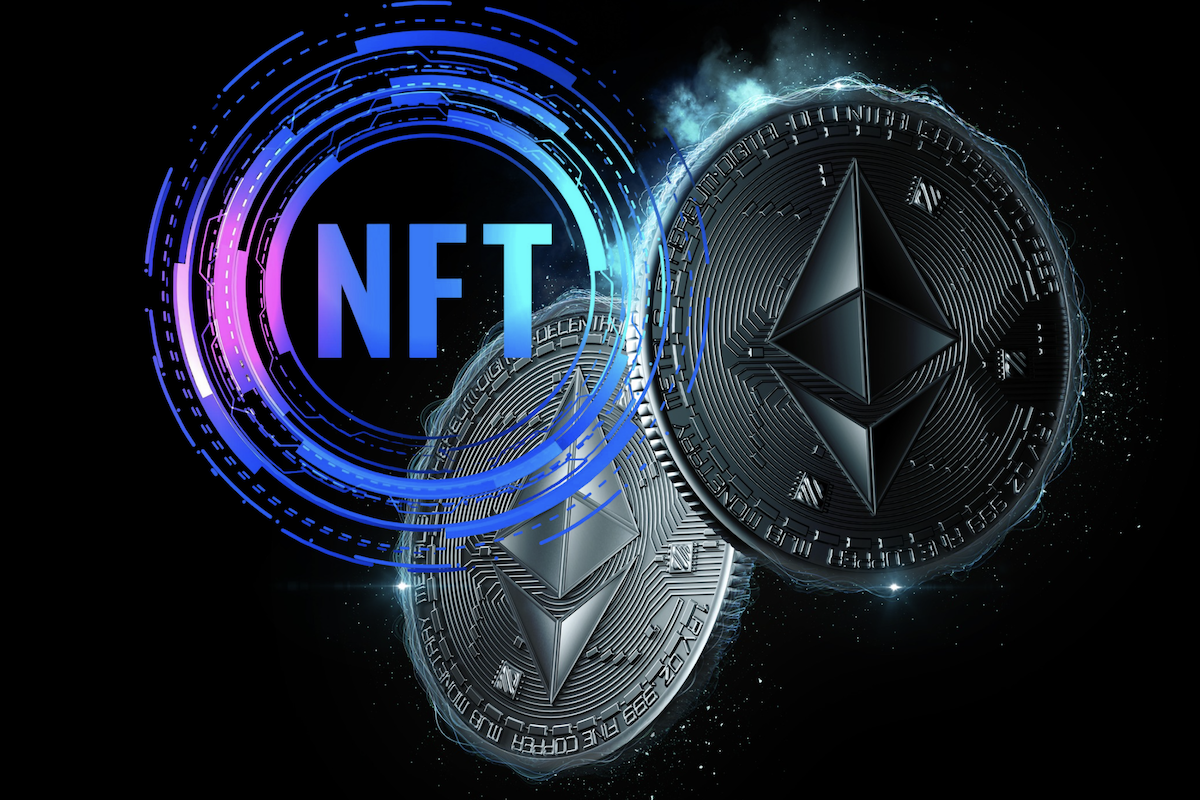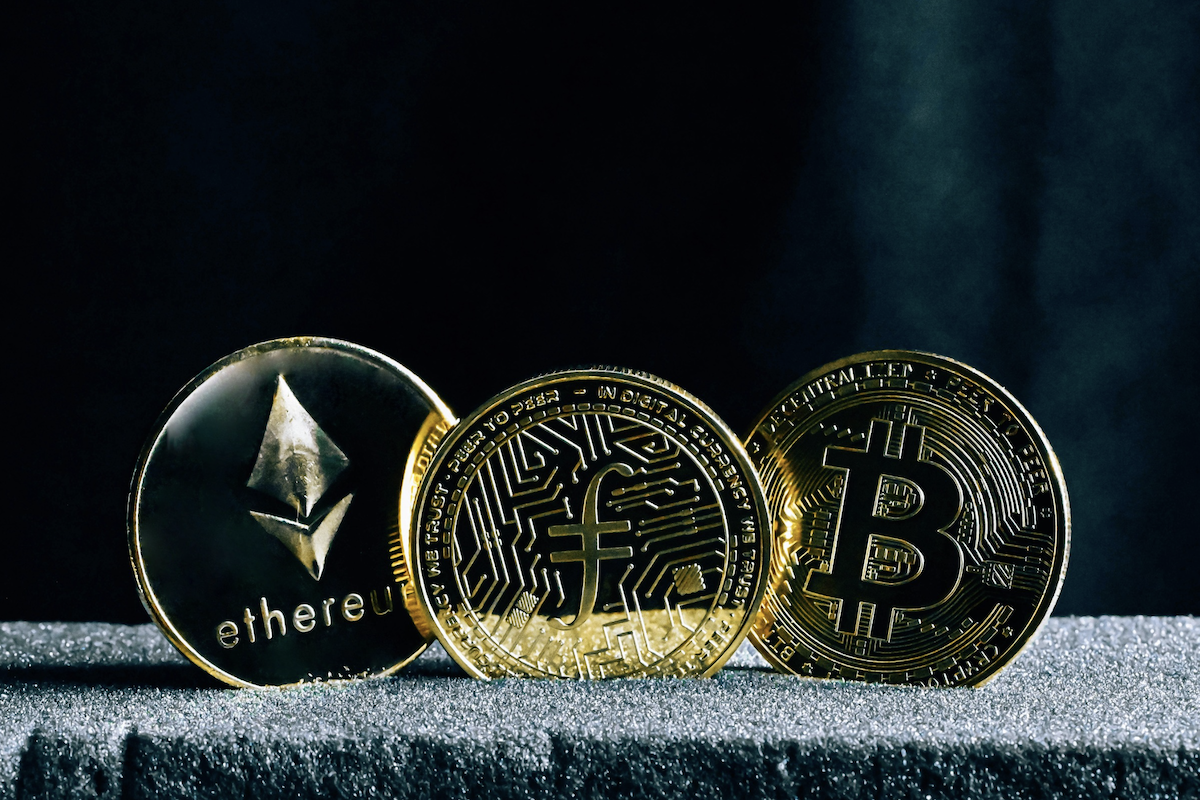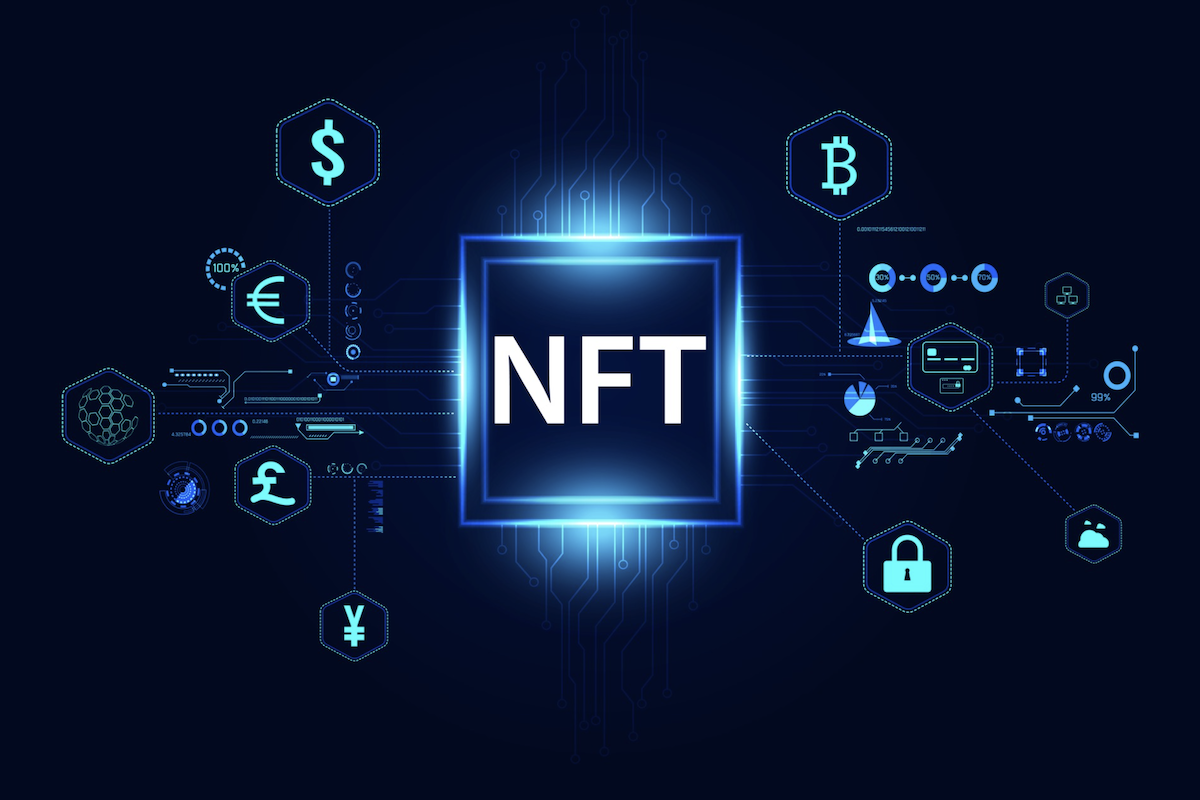Are NFT games a form of gambling?
What we consider games now vastly differentiates from Pong, released in 1972, but some core principles remain the same.

All definitions are questioned over time and evolve if presented with enough evidence. What we consider games now vastly differentiates from Pong, released in 1972, but some core principles remain the same. Having fun, entertainment, and engaging gameplay are universal, so extrapolating the essence of a term lets us define it. NFT games are hot and new, so now they must pass the test of public opinion. Are NFT games a form of gambling? Short answer: it depends. The longer answer is below!
1. Player investment
Any game made requires your time and an X amount of money involved. Even free-to-play games have microtransactions or some paid content, and if a game motivates you to spend more time with it, it could be considered a good game. Likewise, most forms of gambling require both investments, as do NFT games. There are various types of investments and available rewards for them.
For example, crypto casinos have welcome and daily bonuses, but so can NFT games, which reward players for their time. A casino can have all kinds of promotions and bonuses running, while this may differentiate from game to game. (Source: https://www.sportscasting.com/online-casinos/crypto/) Lastly, a single casino has a plethora of different games available, and most come with different skins to freshen up the gameplay, while NFT games have to rely on various in-game activities to keep their players interested and playing.
2. The Risk
People play games or gamble for all kinds of reasons. Some are playing for the thrill of victory, others to overcome uncertainty and triumph, while others want to have fun with both. NFT games involve a similar risk factor with their NFT tokens, as the value can fluctuate rapidly, as do most sites with crypto gambling, as you could be winning or losing in a short time span. Naturally, some casino games are "safer" than others, as if they are more inclined towards the player, and so are some NFT games, as the NFT tokens from them have a stable price. But in all other instances, players play to obtain what they perceive could be valuable NFTs from games, and then they start trading on the crypto market, which can be volatile.
3. FtP model
Not all casinos require money to start, as we have social casinos, and not all NFT games require an investment, as there are NFT games with the free-to-play model. What separates NFT games from gambling here is that you can, in theory, spend nothing and earn a potentially valuable NFT from playing a game. In this regard, NFT games are vastly different from traditional gambling, but in both cases, they depend on the gamer's skill. Highly valuable and rare NFTs are incredibly difficult to obtain and require deep game knowledge, just like casino games do on a professional level.
4. The RNG factor
Gambling games have RNG built into them, and the most obvious example is slots. Technically speaking, without using tricks, you can not know which card you'll get when someone is drawing from a deck, and in the same way, some NFT games give out random NFT cards. Whenever an NFT game has in-game pets, as an obvious example, an RNG factor is included so that the player can get a wider array of NFT cards, rather than a specific one.
5. Social aspect
Gambling sites can have leaderboards and communities that grow around them, but no amount of community or working together can influence any casino game. A game of poker has an equal chance to produce a full house in a world tournament and in a small cafe. But NFT games thrive with their NFT communities, where large and growing communities can boost the value of certain NFTs, either by generating hype, investing, or making high trade volumes. Subsequently, NFTS from obscure or forgotten games are worth very little, or nothing.
This article was written with the assitance of AI.





